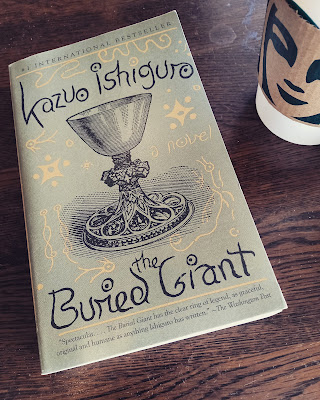***
A quick check on my English-Tagalog dictionary confirms my knowledge. Banter translates as biro, tukso, and kantiyaw in Tagalog. There is an aspect of playfulness to it, nothing malicious or damaging.
The Tagalog word is sort of one-way, though. One person teases another, as in, My friend is teasing me about putting on too much makeup and wearing my best dress because my crush will be at the party.
Whereas banter seems to be a two-way game. In both cases, however, there is an intimacy involved. Because you talk about or banter about personal things, perhaps a hidden sentiment, like the example about my crush.
So if you engage in banter, depending on which side you are on, you are either allowing a piece of yourself to be exposed, or you are poking in a sensitive part of a person. And so if you're not careful, it could end in hurt feelings; but if all goes well, there's a tenderness that forms between you and whoever your are bantering with.
In my experience, I hated it most of the time because I'm super sensitive and people aren't always charming and good with words and reading other people. Or maybe I’m just really super sensitive.
And so, I've always thought of bantering as something you do when you've already created a friendship with another person. Once there's a certain comfort level, then you can banter, you can tease.
[...]
What is happening with Stevens and Mr Farraday in the novel is the opposite of what I've grown to believe as the purpose of playful teasing. For me, it is somewhere on top of the hierarchy of the things you do when you’re close to someone. A measure of intimacy. But for Stevens and Mr Farraday, and apparently the strangers around Stevens, banter can be the beginning of a close relationship.
***
Listen to the seven-minute minicast:




